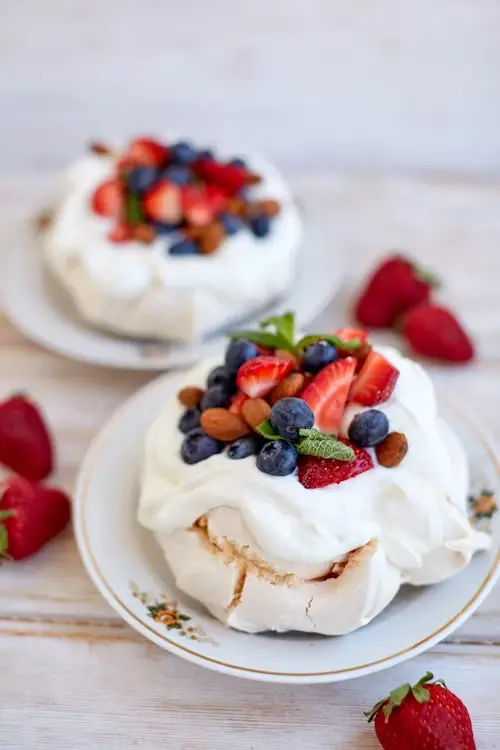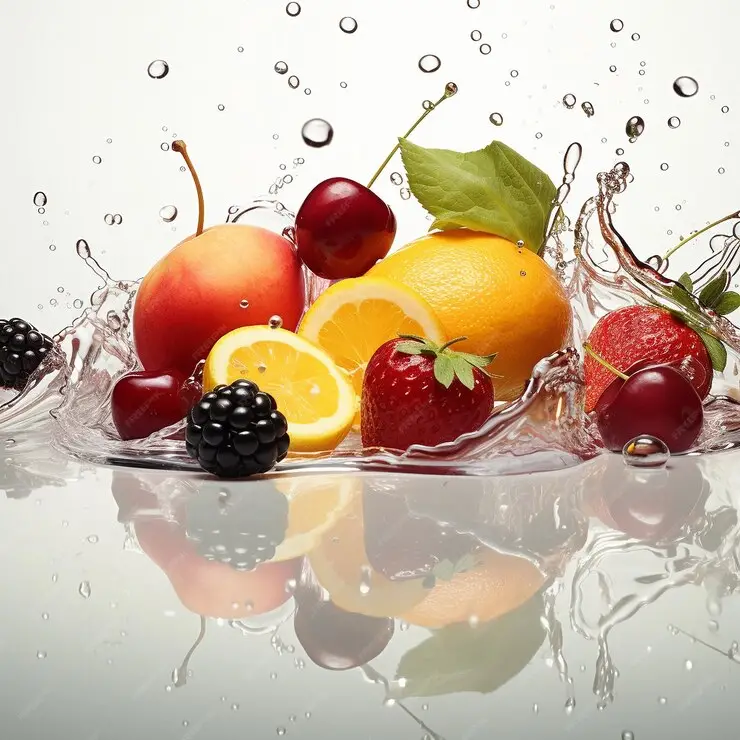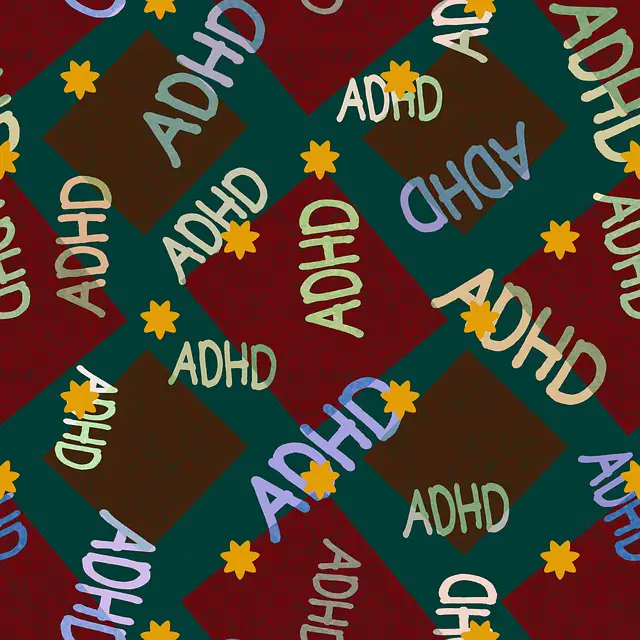Deciphering Diarrhea on Understanding Light Yellow and Dark Yellow Stool

Introduction: Diarrhea is a common digestive issue characterized by loose, watery stools occurring frequently throughout the day. While diarrhea can be caused by various factors, changes in stool color can provide valuable insights into potential underlying conditions. In this article, we’ll explore the significance of light yellow and dark yellow diarrhea and what they may indicate about digestive health.

Page Contents
Deciphering Diarrhea on Understanding Light Yellow and Dark Yellow Stool
4 Potential Causes and Considerations (Light Yellow)
Light Yellow Diarrhea: Light yellow diarrhea refers to loose, watery stools with a pale yellow hue. Here are some potential causes and considerations:
- Bile Malabsorption: Light yellow diarrhea may occur when bile, a digestive fluid produced by the liver, is not adequately absorbed in the intestines. This can result from conditions such as bile acid malabsorption or cholestasis, where bile flow is impaired.
- Gastrointestinal Infections: Certain bacterial or viral infections, such as norovirus or giardiasis, can cause light yellow diarrhea. These infections often lead to inflammation of the gastrointestinal tract and disruption of normal digestive processes.
- Dietary Factors: Consuming certain foods or beverages, such as artificial food coloring or high-fat meals, can sometimes result in light yellow diarrhea. Additionally, excessive consumption of sugary or processed foods may contribute to digestive upset and diarrhea.
- Medication Side Effects: Some medications, particularly antibiotics and certain laxatives, can disrupt the balance of gut bacteria and lead to diarrhea. Light yellow stool may occur as a side effect of these medications.
4 Potential Causes and Considerations (Dark Yellow)
Dark Yellow Diarrhea: Dark yellow diarrhea refers to loose, watery stools with a deeper yellow or golden hue. Here are some potential causes and considerations:
- Dehydration: Dark yellow diarrhea may indicate dehydration, especially if accompanied by other symptoms such as thirst, dry mouth, or decreased urine output. Dehydration can occur due to excessive fluid loss from diarrhea.
- Bile Duct Obstruction: In some cases, dark yellow diarrhea may be a sign of a bile duct obstruction, where bile flow from the liver to the intestines is blocked. This can occur due to gallstones, tumors, or other conditions affecting the bile ducts.
- Liver Disorders: Liver conditions such as hepatitis or cirrhosis can affect bile production and lead to changes in stool color, including dark yellow diarrhea. These conditions may also cause other symptoms such as jaundice, abdominal pain, and fatigue.
- Dietary Factors: Consuming certain foods or beverages, such as turmeric or yellow food coloring, can contribute to dark yellow diarrhea. Spicy or greasy foods may also irritate the digestive tract and lead to diarrhea.

Here are 25 hydrating foods that can help combat dehydration:
- Cucumber: Contains about 95% water content and is a refreshing hydrating snack.
- Watermelon: High water content makes it an excellent choice for hydration.
- Celery: Low in calories and high in water, celery helps maintain hydration levels.
- Strawberries: Juicy and hydrating, strawberries are a delicious way to quench thirst.
- Cantaloupe: Rich in water and electrolytes, cantaloupe is hydrating and refreshing.
- Oranges: Packed with water and electrolytes like potassium, oranges help rehydrate the body.
- Pineapple: Juicy and hydrating, pineapple is a tropical fruit that aids in hydration.
- Grapefruit: Contains high water content and electrolytes, grapefruit helps replenish fluids.
- Peaches: Juicy and hydrating, peaches are a tasty option for staying hydrated.
- Bell peppers: High in water content and rich in vitamins, bell peppers are hydrating and nutritious.
- Tomatoes: Water-rich tomatoes are hydrating and provide essential nutrients like vitamin C.
- Zucchini: Low in calories and high in water, zucchini helps maintain hydration levels.
- Spinach: Leafy greens like spinach have a high water content and provide essential nutrients.
- Lettuce: Crisp and hydrating, lettuce is a refreshing addition to salads.
- Radishes: Juicy and hydrating, radishes are a crunchy snack that helps combat dehydration.
- Blueberries: Juicy and hydrating, blueberries are a flavorful way to stay hydrated.
- Coconut and its water: Naturally rich in electrolytes, coconut water is an excellent hydrating beverage but should not be taken on an empty stomach.
- Yogurt: Contains water and electrolytes like potassium, yogurt helps replenish fluids.
- Soup broth: Warm broth-based soups provide hydration and replenish electrolytes.
- Oatmeal: Cooked with water, oatmeal is a hydrating and nutritious breakfast option.
- Grapes: High in water content, grapes are a hydrating and convenient snack.
- Kiwi: Juicy and hydrating, kiwi is a tropical fruit that aids in hydration.
- Broccoli: Contains water and essential nutrients, broccoli helps maintain hydration levels.
- Cauliflower: High in water content and low in calories, cauliflower is hydrating and versatile.
- Apples: Juicy and hydrating, apples are a portable snack that helps combat dehydration.
Incorporating these hydrating foods into your diet can help maintain optimal hydration levels and support overall health and well-being. Remember to drink plenty of water throughout the day, especially during hot weather or physical activity, to stay properly hydrated.
Conclusion:
Light yellow and dark yellow diarrhea can indicate various underlying conditions affecting the digestive system. While occasional changes in stool color and consistency are normal, persistent or severe diarrhea should be evaluated by a healthcare professional. Understanding the potential causes of light yellow and dark yellow diarrhea can help individuals take appropriate steps to manage symptoms and promote digestive health.
NOTE: Remember to stay hydrated, eat a balanced diet, and seek medical advice if diarrhea persists or is accompanied by other concerning symptoms. Poop (diarrhea) more than thrice in a day is not normal anymore.






